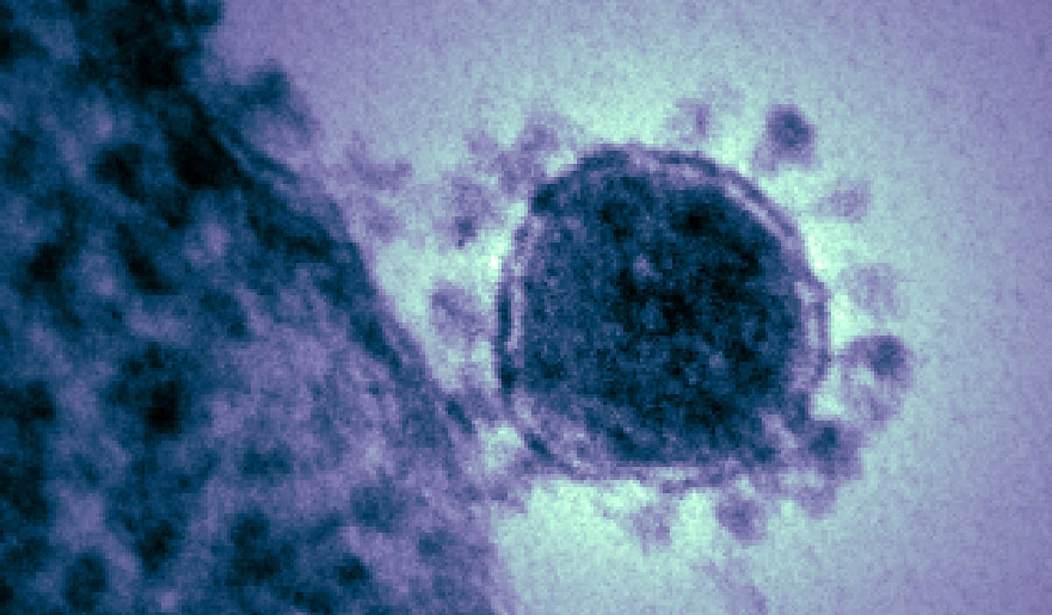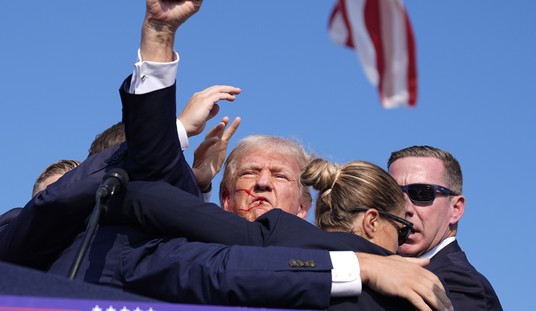The Heritage Foundation has put together a National Coronavirus Recovery Commission in order to fight the coronavirus and strategize how to jumpstart the American economy during and after the crisis. During a call with reporters on Wednesday, two experts on the commission explained what needs to be in place before America reopens for normal business.
In order to slow the spread of the virus, President Donald Trump has urged Americans to stay home, practice social distancing, and avoid going into the office if their work is not “essential.” State and local leaders have issued various orders, and businesses have moved to remote work or laying off employees. Unemployment has skyrocketed, Americans are having trouble paying rent, and millions are hoping America can reopen sooner rather than later. President Trump originally said he hoped to reopen the country by Easter, but that seems too ambitious.
George Allen, a former governor and U.S. senator from Virginia, joined with William Frist, M.D., a heart and lung transplant surgeon and former U.S. Senate majority leader who is now chairman of Cressey & Company. Both members of the Heritage Foundation’s commission, Allen and Frist told PJ Media under what conditions they would support a return to normalcy.
1. Test everyone
Echoing psychologist Robert Epstein, Allen said everyone in America needs to be tested before we reopen the economy.
“We literally need hundreds of millions of these instant tests,” the former governor said. “We need to have everyone in our country tested.”
In late March, Epstein argued that “the only way to quickly halt the transmission of the coronavirus and to safely reopen the economy is to test everyone, and then to have the virus carriers self-isolate.”
Allen insisted that even when the economy reopens, many of the social distancing practices will remain.
“Social distancing, the six-feet rule and so forth, is here to stay,” he said. “It’s going to change our society just like 9/11 changed our society in some aspects. … Teleworking, which I’ve advocated for 30 years, is going to be here to stay.”
All that said, Allen insisted that even while some governors have declared certain businesses “non-essential,” “those businesses are actually essential to those business owners.”
“So long as they have proper santitation, social distancing, they can reopen,” he suggested. Yet every community will have to handle the reopening differently.
2. Stop the spread
Frist, a medical doctor by training, laid out more conditions for reopening the economy.
“Number one, stop the spread. It’s a matter of numbers right now,” he said. The infection rate must decrease before the economy can reopen. In some hot spots, the infection has grown exponentially. That growth needs to come under control.
3. Contact testing
Second, Frist said America must perform contact testing to see how the coronavirus has spread.
“We have to identify who has the disease and who they have been in contact with,” the former Senate majority leader said. In order to have a proper plan to keep the coronavirus from returning to its previous exponential growth rate, policymakers need to see how the contagion has spread from person to person. They need to model how contact endangers people to hone the social distancing patterns that will continue after the reopening.
4. Understand immunity
“We started this with no immunity,” Frist acknowledged. “We just learned a week and a half or two weeks ago that the virus can spread if you’re not symptomatic. We have to find how long after exposure you can go back to work.”
The coronavirus has caused great social and economic disruption because it can spread largely undetected. Carriers can spread the disease without showing any symptoms themselves. Those who test positive for the virus may experience no symptoms or only mild distress, but they are still contagious. At what point are they no longer contagious? Experts have tentatively set the period at 14 days, but it remains unclear.
5. Preparing for the second wave
Finally, Frist insisted that the coronavirus will likely ebb during the summer and return in the fall. Before the economy reopens, communities have to prepare for a “bump.”
“We’ll have to come back in with sheltering,” he warned. “Community by community,” Americans will have to be ready to respond.
Sadly, America has a long way yet to go before it is safe to fully reopen for business.
Tyler O’Neil is the author of Making Hate Pay: The Corruption of the Southern Poverty Law Center. Follow him on Twitter at @Tyler2ONeil.









